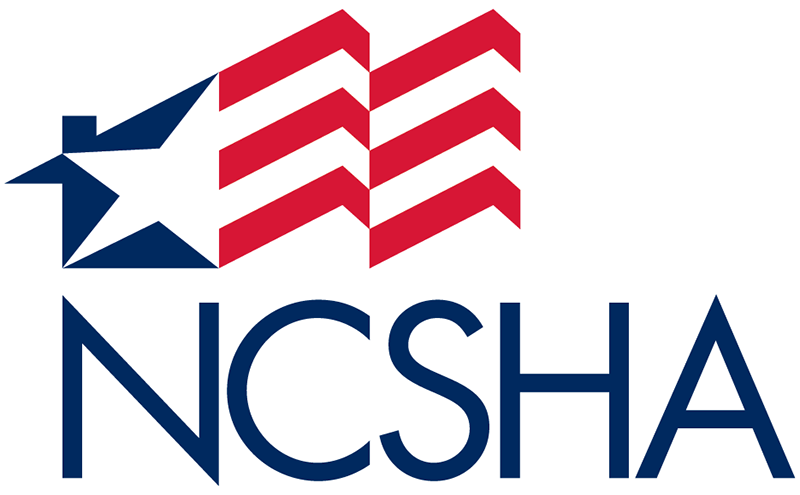NCSHA Recommends Substantial Changes to HUD’s Proposed Rewrite of Affirmatively Furthering Fair Housing Rule

On March 16, NCSHA submitted comments to HUD on the Affirmatively Furthering Fair Housing (AFFH) proposed rule the department released earlier this year. The proposed rule, if implemented, would be a major departure from the previous AFFH final regulations that HUD published in 2015, significantly reducing HUD’s expectations of grantees’ AFFH obligations.
NCSHA, like other organizations that represent state and local HUD grantees, had numerous concerns about the 2015 AFFH regulations and the accompanying Fair Housing Assessment Tool. However, NCSHA believes the 2020 proposed rule also has significant flaws; most importantly, it fails to meet what NCSHA believes should be HUD’s ultimate objective: upholding the Fair Housing Act’s AFFH obligation by establishing a mechanism for meaningful and productive fair housing plans and actions, while minimizing, to the greatest extent feasible, the burden associated with implementing the regulation.
NCSHA’s comment letter urges HUD to instead issue a workable rule that achieves these core principles:
- Focuses grantees’ AFFH activities directly on facilitating the goals of the Fair Housing Act, including eliminating discrimination, removing barriers to housing faced by protected classes, and promoting fair housing choice.
- Provides grantees a clear framework that sets forth HUD’s expectations and holds grantees to a high standard while not being overly burdensome.
- Bases grantees’ AFFH planning efforts on the best data available about the fair housing needs and obstacles in their communities and does not require extensive additional research or costly consulting.
- Avoids requiring grantees to have or obtain expertise in policy areas unrelated or merely peripheral to affordable housing and fair housing.
- Tailors HUD’s requirements by type of grantee as states, local governments, tribal entities, and local public housing authorities have different capacities, resources, and geographic scopes.
- Oversees grantees’ AFFH planning in a way that ensures grantees are upholding the objectives of the Fair Housing Act.
While the proposed rule provides improvement in certain areas, we believe it falls short in other critical respects, and HUD should make significant changes to it before finalizing it. NCSHA’s recommendations to HUD emphasize reworking the proposed rule so that it would focus directly on the goals of the Fair Housing Act, require grantees to make data-driven choices when determining which obstacles to fair housing they will address, and better measure the quality of grantees’ AFFH actions.
For more information, contact Jennifer Schwartz.

